FLAT up to 54% OFF
days
:
hours
:
minutes
:
seconds
Vermicompost For Plants
#3 best sellers in Organic Fertilizer.
Brand: LEAFFYCO
Original price was: ₹99.00.₹49.00Current price is: ₹49.00.
-54%
22 orders in the last 7 days.
Spend ₹249.00 to Unlock Free Shipping 🚚
Enter code:FIRST10 to save 10%.
5 reviews for Vermicompost For Plants
| 5 star | 80% | |
| 4 star | 20% | |
| 3 star | 0% | |
| 2 star | 0% | |
| 1 star | 0% |
1-5 of 5 reviews
Add a review
 Vermicompost For Plants
Vermicompost For Plants
Your review
* Review is required
Name
* Name is required
Email
* Email is required

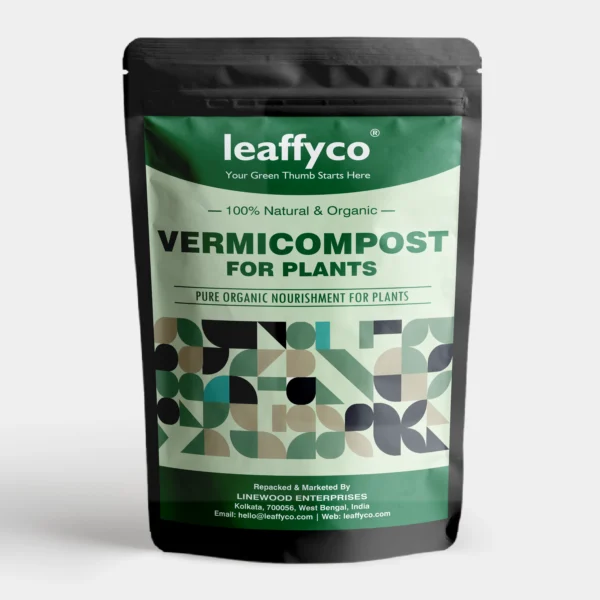
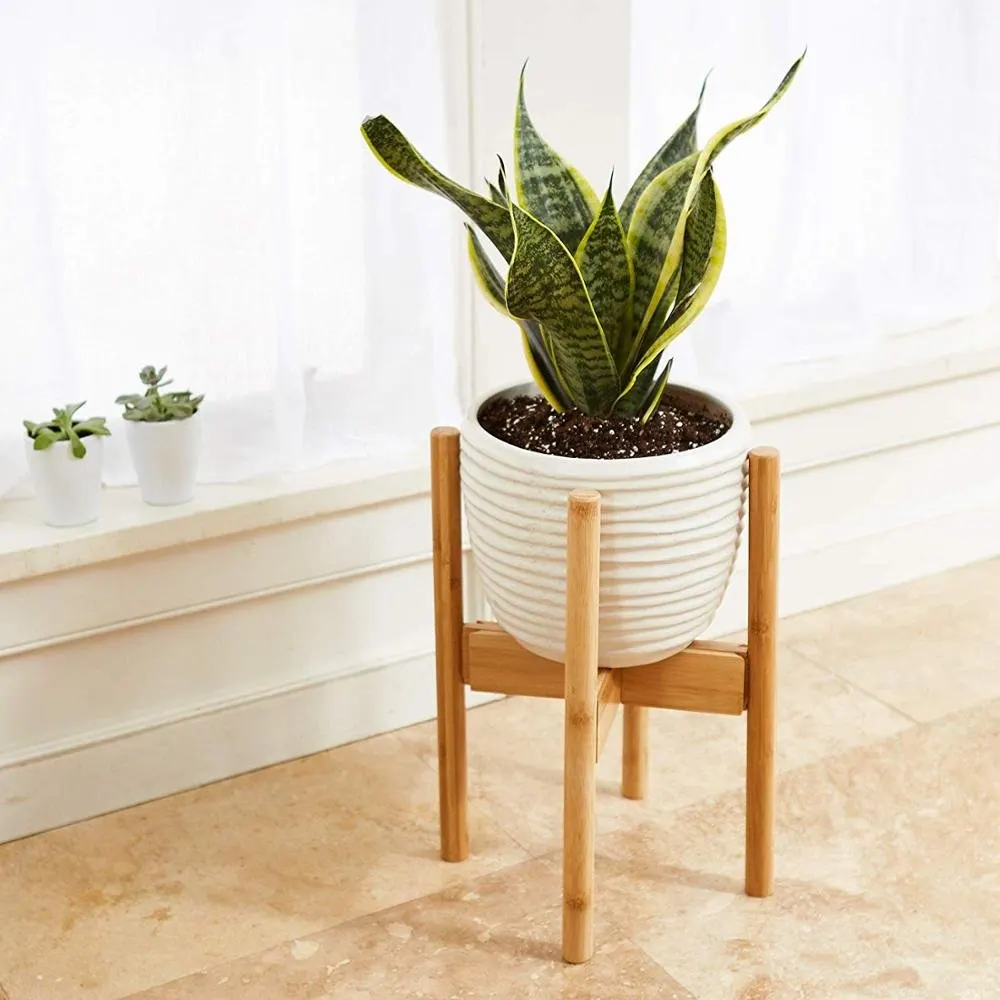
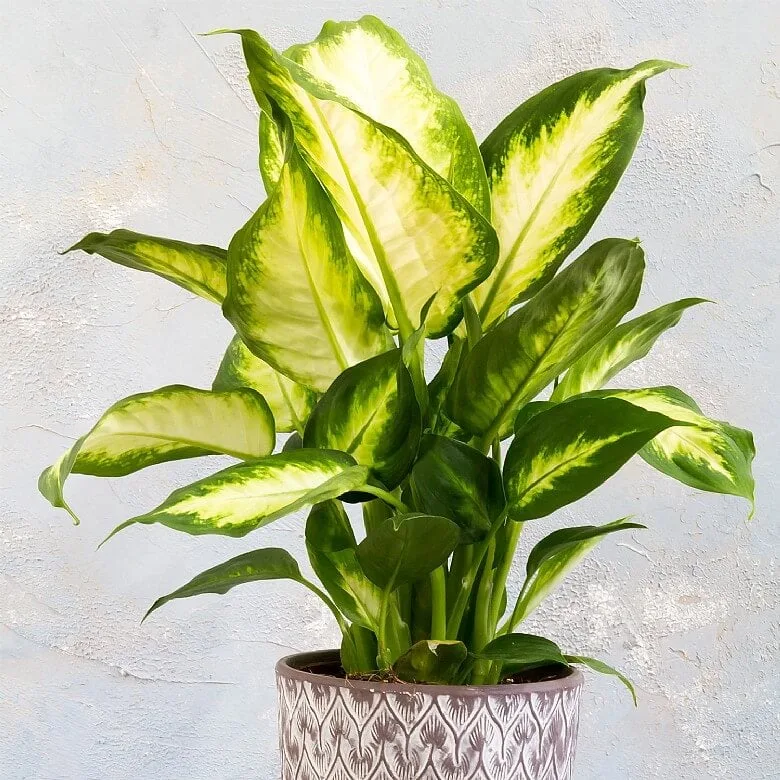
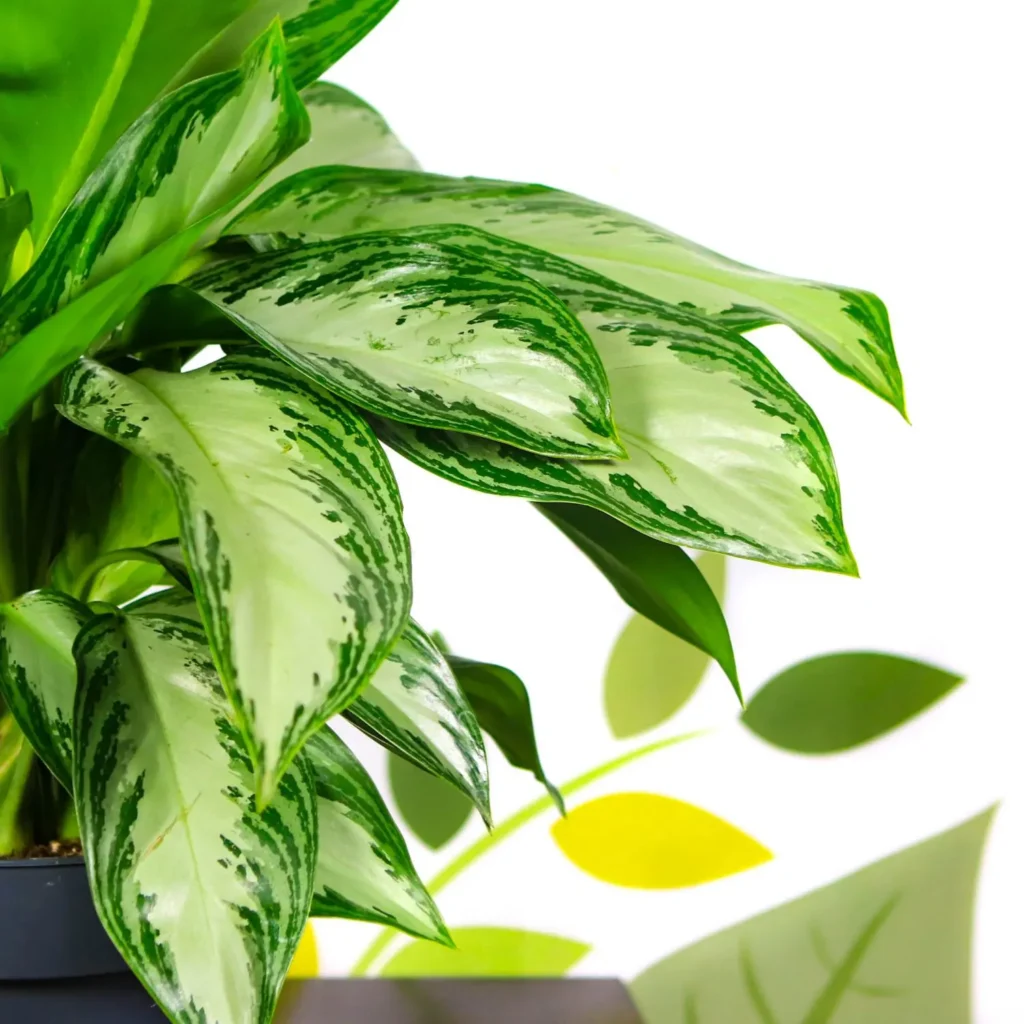

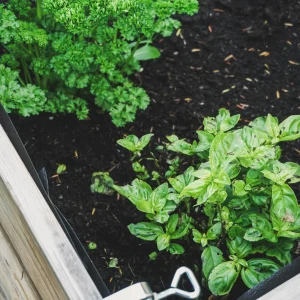
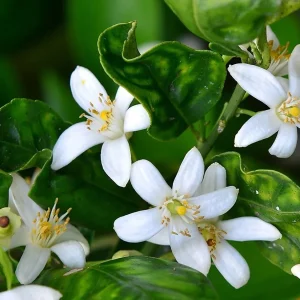

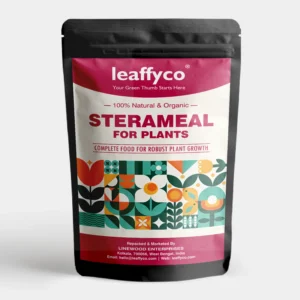

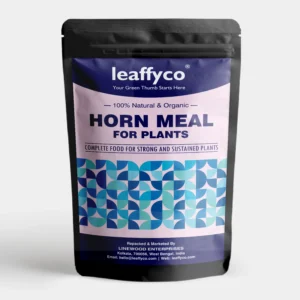
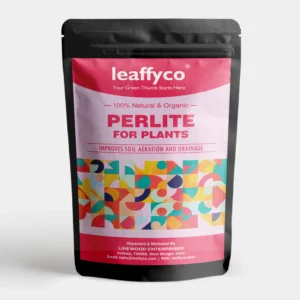
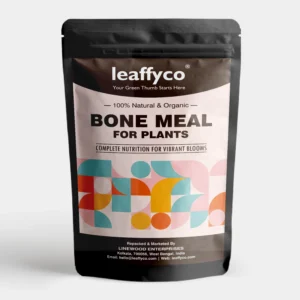
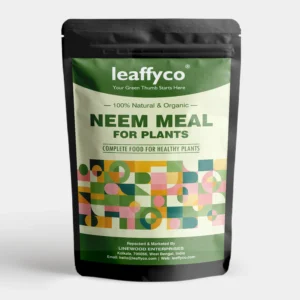
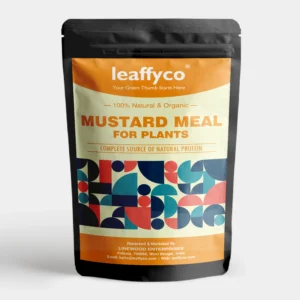
Good quality and rich Vermicompost
Received top quality Vermicompost from Ugaoo. My plants are loving it.
Very good product, is helping plants grow robustly
Much better quality vermicompost than the one you get at usual roadside nurseries.
Quality is so better waiting for result